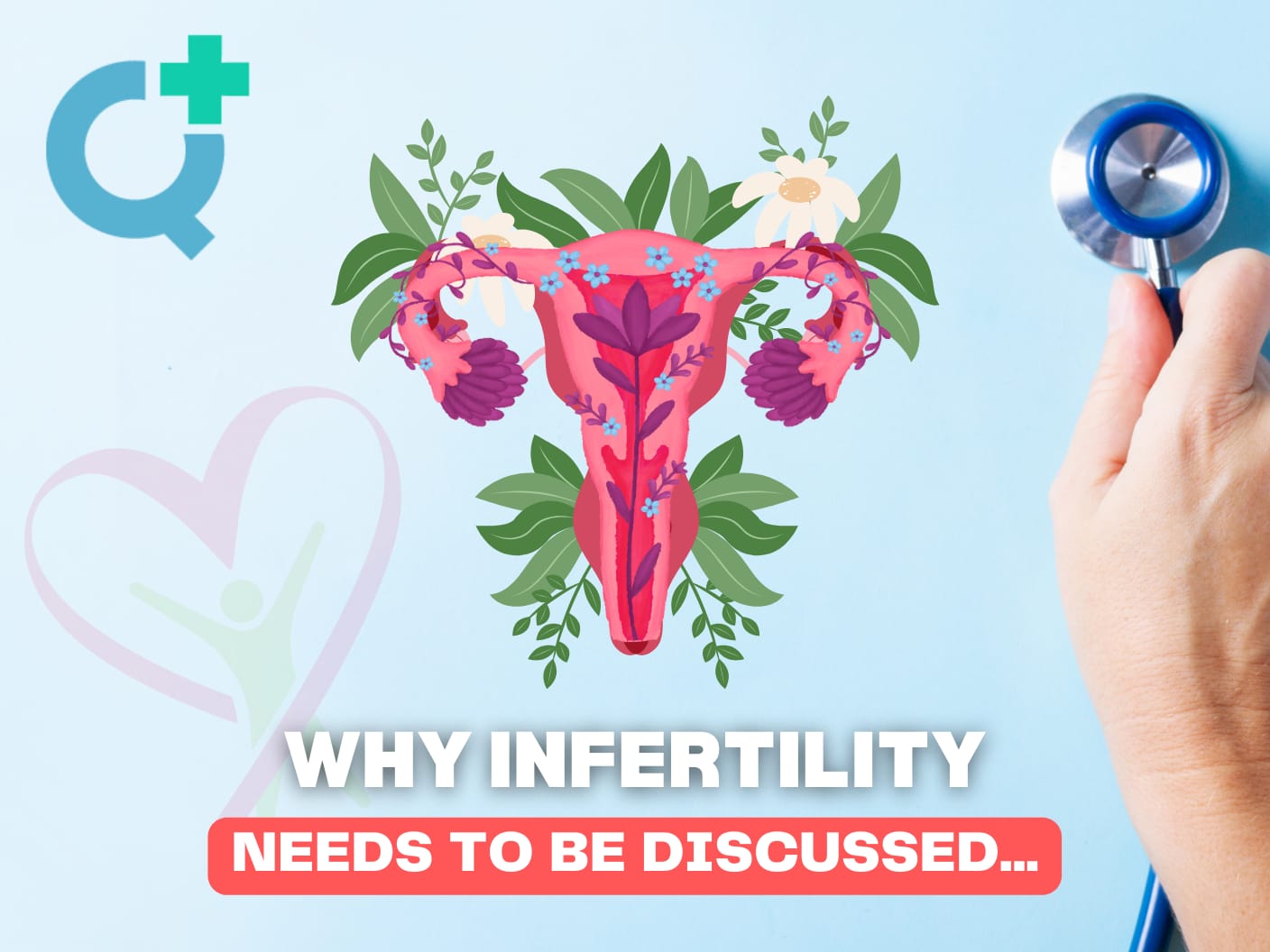First of all let’s discuss about what infertility is?
If you and your partner are struggling to have a baby, you're not alone. In India, 20% to 30% of couples are infertile. Infertility is a medical condition characterized by the inability of a sexually active couple to achieve pregnancy or carry a pregnancy to full term after a year or more of regular, unprotected intercourse. Infertility can affect both men and women and may be caused by various factors.
# Causes of Infertility:
- Male Factors: These can include low sperm count, poor sperm motility, or abnormal sperm morphology.
- Female Factors: Common causes include issues with ovulation, blocked fallopian tubes, uterine problems, endometriosis, or age-related decline in fertility.
- Combined Factors: Sometimes infertility is due to a combination of male and female factors, or it may be unexplained.
# Lifestyle factors can affect fertility
There are factors in day-to-day life that can have an impact on fertility, including:
- Smoking: Smoking tobacco can damage sperm, affect reproductive hormones, and make it more difficult to get pregnant.
- Alcohol use: Alcohol has an effect on both men’s and women’s fertility. For women, since no amount of alcohol is considered safe in pregnancy, it’s recommended to moderate alcohol use when trying to conceive.
- Weight fluctuations: Too much exercise and extreme weight loss can cause a condition known as functional hypothalamic amenorrhea (FHA) where a woman can stop menstruating, or having their period. A high BMI can lead to problems with ovulation and irregular periods.
- Stress: High levels of stress may lead to irregular or absent periods.
How does it affect our society?
Infertility can have a significant impact on individuals and society as a whole:
- Emotional and Psychological: Infertility often leads to emotional stress, anxiety, and depression for couples trying to conceive.
- Financial: Treatments for infertility, such as in vitro fertilization (IVF), can be expensive, putting a financial burden on couples.
- Social: Infertility may strain relationships and lead to social isolation, as couples may withdraw from social activities due to the emotional toll.
- Workplace: Balancing fertility treatments with work can be challenging, impacting career advancement and productivity.
How can it be treated?
- Medical Treatments: The choice of treatment depends on the underlying cause of infertility. Common medical interventions include:
- Medications: Hormonal medications to stimulate ovulation or improve sperm count and quality.
- Surgery: To correct anatomical issues such as blocked fallopian tubes.
- Assisted Reproductive Technologies (ART): These include:
- Intrauterine Insemination (IUI): Sperm is placed directly into the uterus to increase the chances of fertilization.
- In Vitro Fertilization (IVF): Eggs are retrieved from the ovaries, fertilized in a lab, and implanted into the uterus.
- Intracytoplasmic Sperm Injection (ICSI): A single sperm is injected directly into an egg during IVF.
- Donor Eggs or Sperm: If one partner has fertility issues, donor eggs or sperm can be used.
- Surrogacy: In cases where a woman cannot carry a pregnancy, a surrogate can carry the pregnancy for the intended parents.
It's important to note that the success of infertility treatments can vary widely depending on the individual's specific situation and the chosen treatment. Additionally, not all cases of infertility can be cured, but many individuals and couples do find success with medical interventions and assisted reproductive technologies. So if anyone one is facing infertility issue can consult their nearest gynecologist by taking online appointment from www.quickobook.com by simple click.
Infertility is a complex issue that affects many people in society, and it's important for individuals and couples facing infertility to seek support from healthcare professionals, counselors, and support groups to navigate the emotional and physical challenges it can bring. Additionally, public awareness and access to fertility treatments are important societal considerations to address the impact of infertility.









Comments (0)
No comments yet. Be the first to share your thoughts!
Leave a Comment